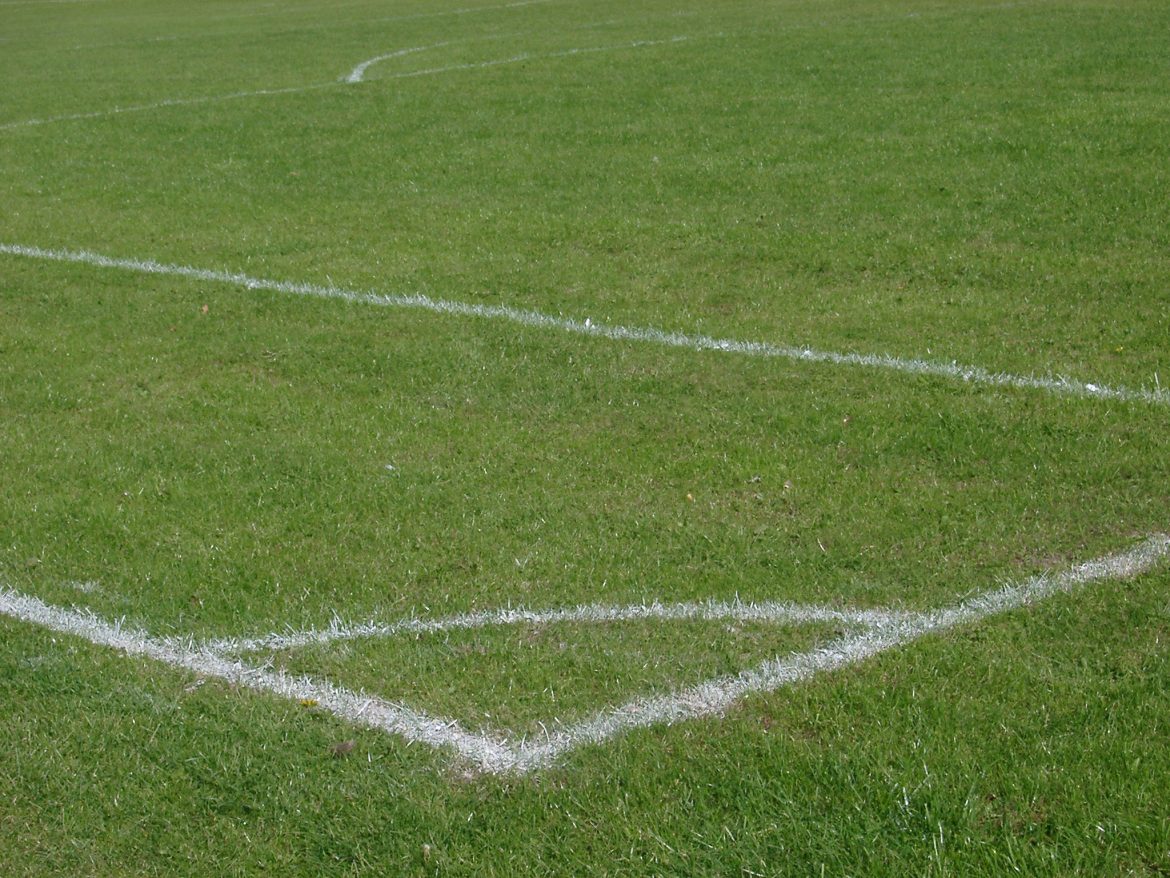Rumours have been swirling for months about the changes UEFA proposed to make to the Champions League. Are there going to be ten clubs in each group? How will the clubs qualify? How many rounds would there be? Everyone has had their views, but no one expected the answer to satisfy everyone.
Finally, the time has come and UEFA has released the new format. The total number of games will go up from 125 to 189, giving football fans much more excitement to look forward to and plenty more wagering options. Many fans like to place a bet on matches, and the choice of bets is huge. For example, they can wager on Premier League odds for title or where their team will place in the Champions League.
The change in format isn’t all bad as it will increase the number of betting markets. Let’s take a look at what the differences are and how they’ll affect the league.
What Is The New Format?
One of the most significant changes that will happen from next season is that there will be 36 teams competing in the league instead of 32. The teams will be grouped into one huge league table. The 36 teams will be divided into four pots of nine teams each. Pot 1 will hold the UEFA Champions League titleholders and the top eight clubs with the highest coefficients. The other three pots will hold the remaining teams in order of their coefficients.
Every team will play eight games, which is two more than at present, but it’s two less than the ten that was being predicted. Each team will play four home matches and four away matches, which will all be against different opponents. The top eight teams will qualify to go straight to the group of 16.
The teams from position nine to 24 in the table will go through to the playoff round. The teams who place after position 25 will be out of the competition. The trapdoor of being able to go through to the Europa League will be closed and teams outside of the 25 will no longer be able to continue their championship journey in that league. This might be one of the few popular changes that UEFA has made. You can read more about the current season here.
Are There Any Other Changes?
As was noted above, there will now be an additional 64 games. This means that two more match days will be needed for the group stage. This pushes the group stage into January instead of December. This could adversely affect other matches, as it could put even more pressure on teams still competing in the league.
How Do the Extra Four Teams Qualify?
That’s a great question and as usual with UEFA, the answer is not simple. Two of the new places will be given to the teams that have performed best in the League but failed to qualify for the 32 teams. The next place goes to the UEFA team that’s ranked fifth in the coefficient. The final place will go to the qualifying champion’s path. This place won’t go to a team from one of the top ten leagues, as they don’t go through the qualifying rounds.
How Does The Swiss Model Help?
Before we answer that question we should really explain what the Swiss Model is. The Swiss-system tournament is used in chess to define which teams play against each other. The format decides the opponents for each team after every match. Using this model, all teams will play each other without being eliminated. At the end of the round the teams with the lowest coefficient will leave the tournament.
In the current system 32 groups enter the Champions League and are divided into eight groups of four clubs. After the round the two highest-scoring teams from each group then proceed to the next stage.
What Will The New Season Bring?
There’s certainly a lot of upheaval on the horizon. UEFA have definitely stirred things up with these changes. It will be interesting to see if the additional games will make the championship more exciting by mixing up the teams or lead to more of the same, where evenly matched teams tend to play each other.
Overall, it looks like UEFA may have managed to make an already cluttered season even more packed but we’re hoping that there will be room for top-end teams to play lower-scoring teams and bring more excitement to the payoff stage.









